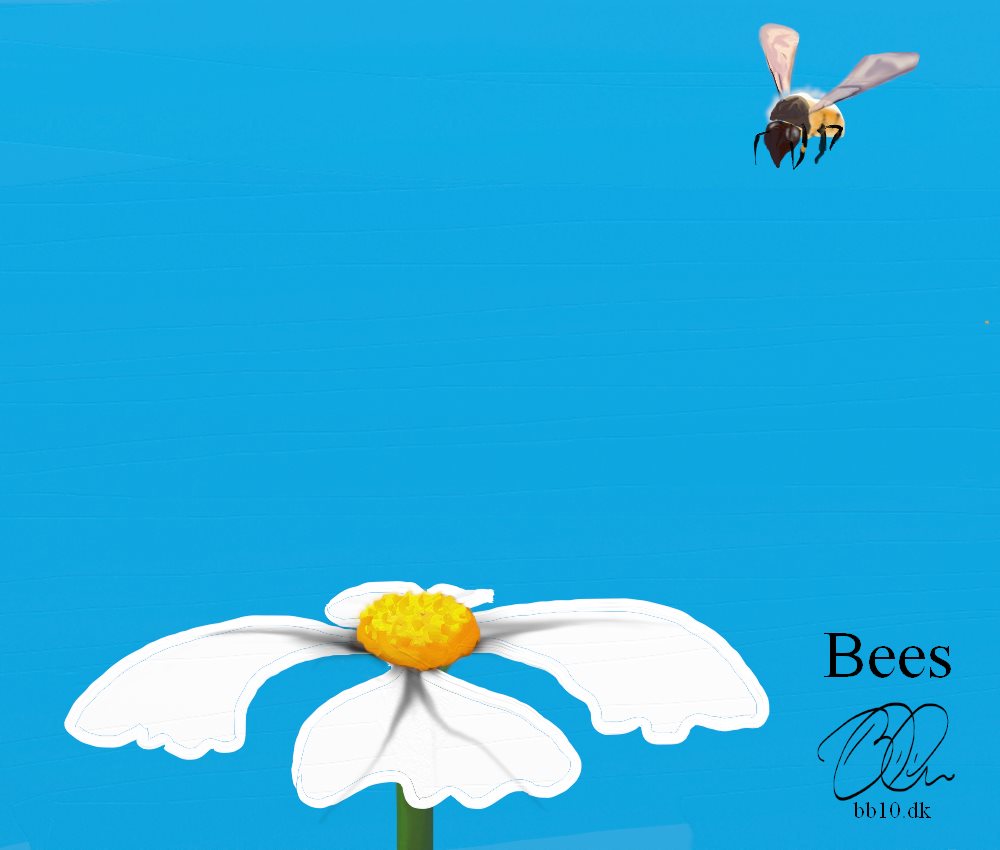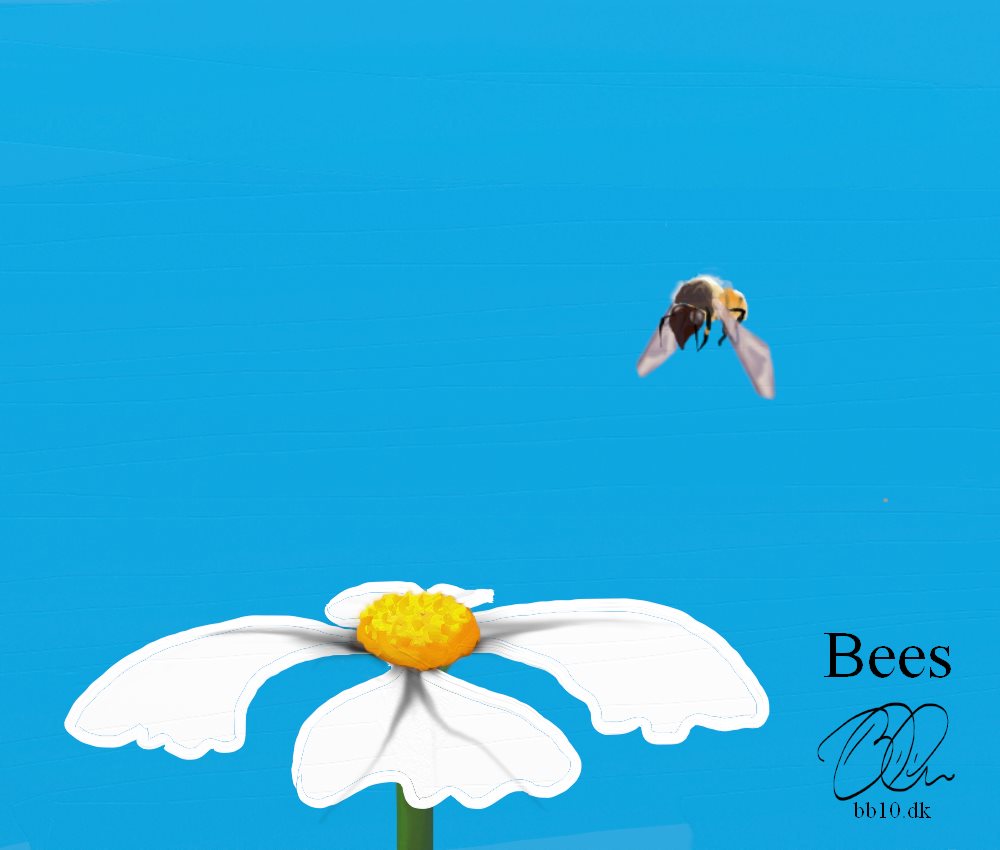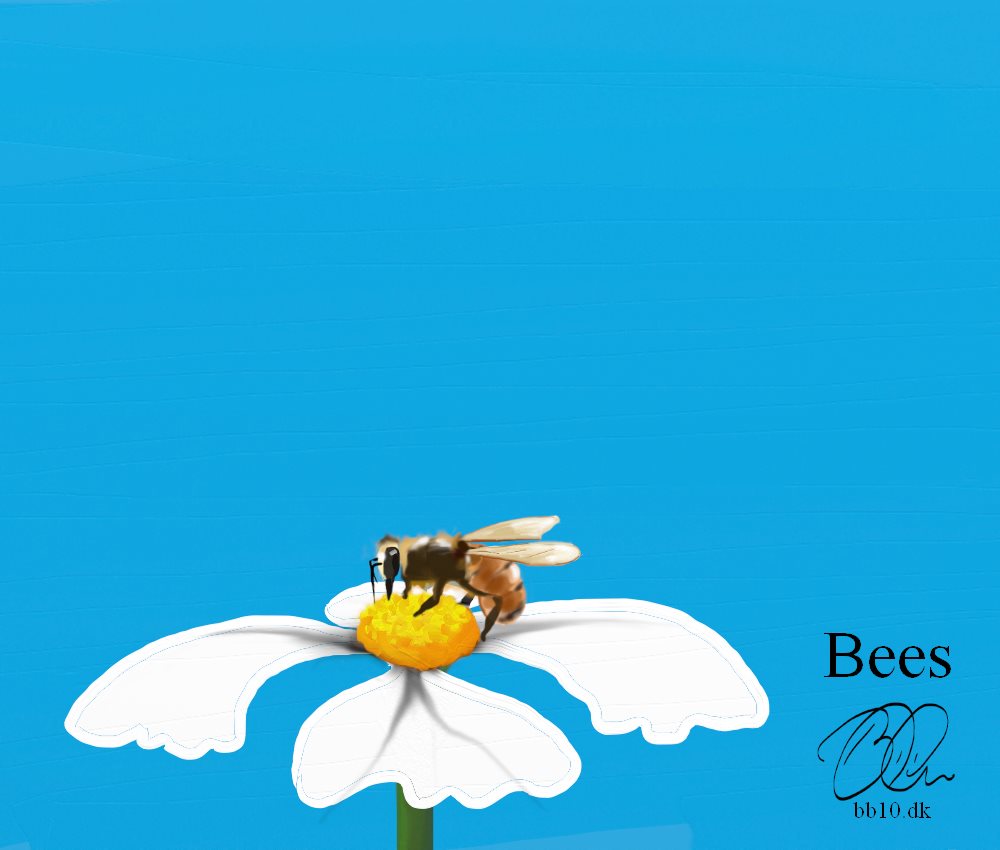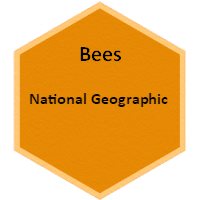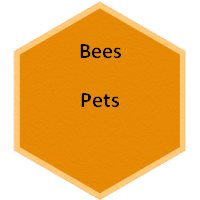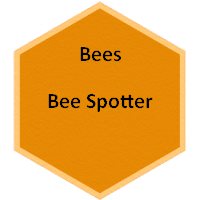Bees
Why are bees important?
It has often been said that bees are responsible for one out of every three bites of food we eat.
Most crops grown for their fruits (including vegetables such as squash, cucumber, tomato and eggplant),
nuts, seeds, fiber (such as cotton), and hay (alfalfa grown to feed livestock), require pollination by insects.
Pollinating insects also play a critical role in maintaining natural plant communities
and ensuring production of seeds in most flowering plants.
Pollination is the transfer of pollen from the male parts of a flower to the female parts of a flower of the same species,
which results in fertilization of plant ovaries and the production of seeds.
Why are bees' good pollinators?
Bees make excellent pollinators because most of their life is spent collecting pollen,
a source of protein that they feed to their developing offspring.
When a bee lands on a flower, the hairs all over the bees' body attract pollen grains through electrostatic forces.
Stiff hairs on their legs enable them to groom the pollen into specialized brushes or pockets on their legs or body,
and then carry it back to their nest.
Individual bees tend to focus on one kind of flower at a time, which means it is more likely that pollen from one flower
will be transferred to another flower of the same species by a particular bee.
Many plants require this kind of pollen distribution, known as cross-pollination, in order to produce viable seeds.
The business of collecting pollen requires a lot of energy, and so many flowers attract and also reward bees with nectar,
a mixture of water and sugars produced by plants.

